Loading...
Checkout using your account
Checkout as a new customer
Creating an account has many benefits:
- See order and shipping status
- Track order history
- Check out faster
Checkout using your account
Checkout as a new customer
Creating an account has many benefits:
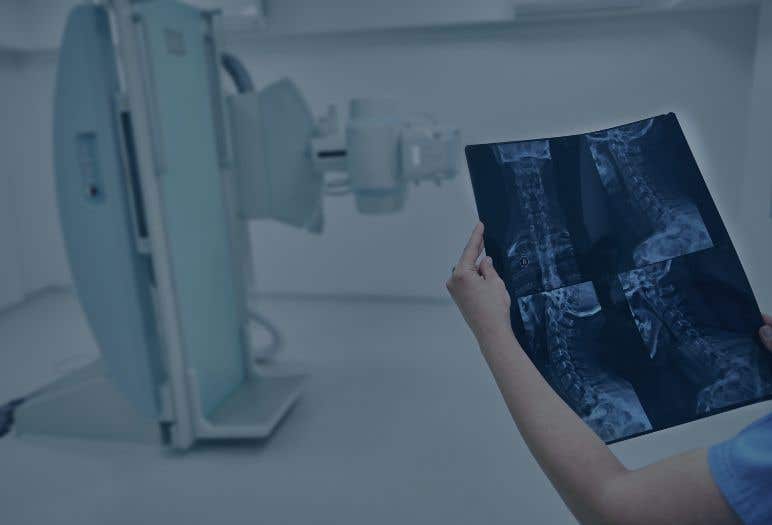
Company
Alfred Health
Location
Australia
Industry
Healthcare
Alfred Health's medical imaging department contacted DiGiCOR as they required a high-performance, low-maintenance infrastructure to support their growing research initiatives. One of their visions is to develop and use technology to improve diagnostic imaging and reporting with AI and Deep Learning.
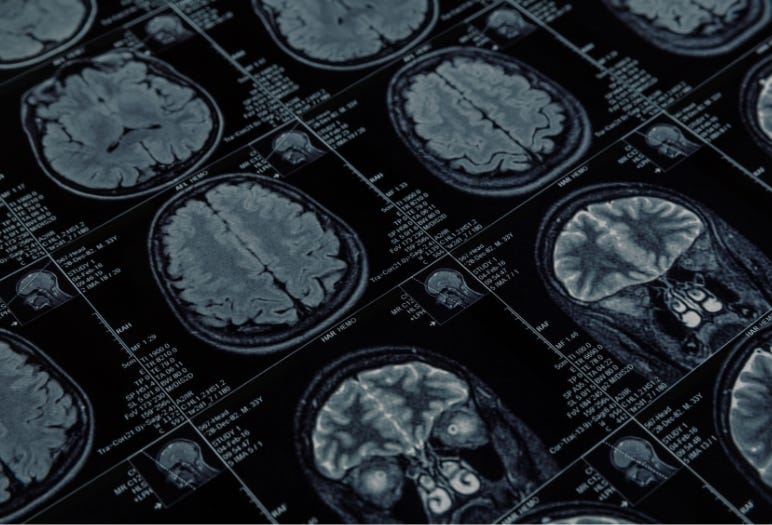

Alfred's medical imaging department services two hospitals: Alfred Health and Sandringham Hospital. To support their growing research initiatives, they need to store large amounts of up to 100 TB. Ultimately, they need this system so that it can be used for Artificial Intelligence and Deep Learning.
Previously, data was extracted and stored directly on clinical systems, which presented several limitations:
To overcome these issues, they identified the need for a dedicated research infrastructure, separate from their clinical systems. This would provide the flexibility to collaborate with other research teams and manage data more efficiently.
Large-Scale Storage Capacity:
Support for Research Tools and Platforms:
GPU Scalability and Flexibility:
DiGiCOR delivered a GPU-optimised Supermicro server designed for high-performance computing and 3D imaging workloads. This solution was ideal for healthcare environments where medical imaging precision, scalability, and system reliability are paramount. With support for up to eight GPUS, this system gave them the scalability and expandability requirements they needed.
Additionaly, DiGiCOR supplied an NVIDIA Quadro RTX 8000 graphics card to meet the demands of the use case, which required substantial GPU memory for processing three-dimensional CT scans. As training time was not a primary concern, the Quadro RTX 8000 was chosen for its high memory capacity and cost-effectiveness.
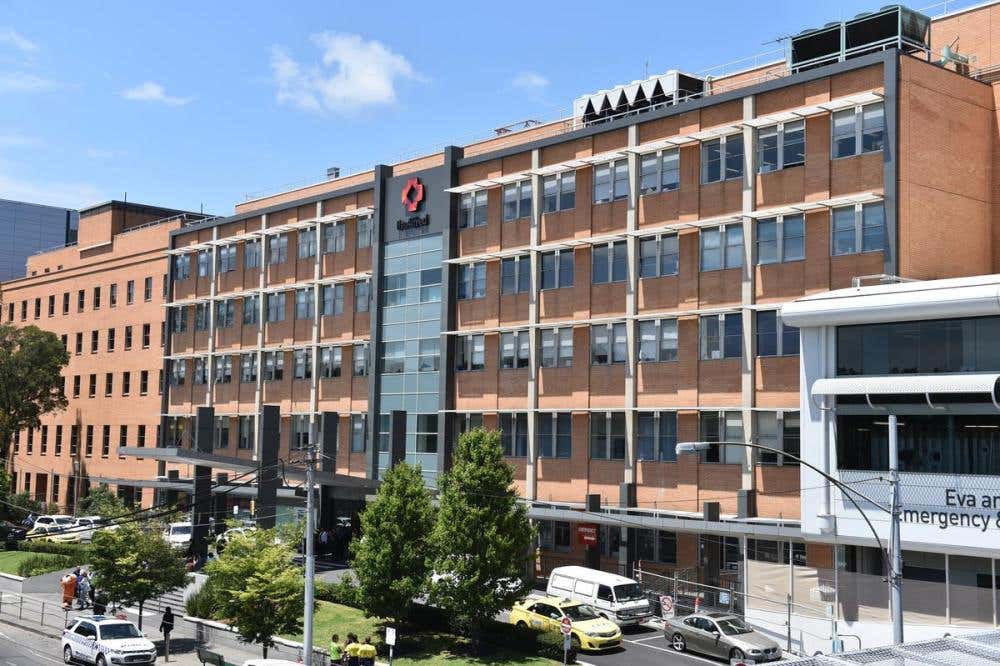

Currently, they have populated half the GPU unit and 80% drive base. They were also able to meet their objectives and goals with this solution because they were able to store legacy CT and medical imaging on the system. The infrastructure empowered Alfred Health and Sandringham Hospital to maintain their position as leaders in diagnostic imaging and reporting, supporting vital research projects and enhancing the quality of patient care through improved technology.
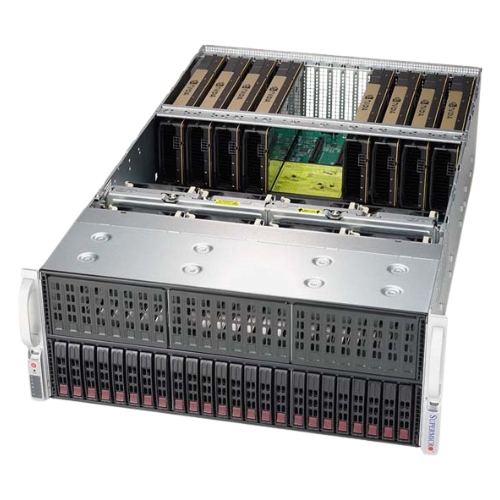

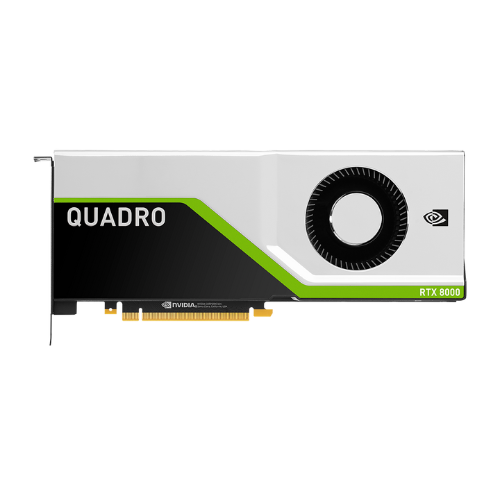

Founded in 1871, The Alfred is the oldest Melbourne Hospital built in honour of His Royal Highness, Prince Alfred, Duke of Edinburgh, who survived an assassination attempt in 1969 while visiting Australia. Alfred's medical imaging department services two hospitals: Alfred Health and Sandringham Hospital.
Being the best imaging department in the country, they have received multiple accreditation awards including full DIAS (diagnostic imaging accreditation compliance. These awards reflect their community of diligent and dynamic staff, who are devoted to caring for patient's needs. The services they provide include X-RAY, CT Scan, Dexa Scan, Mammography, Ultrasound, MRI, Fluoroscopy, and Angiography.


